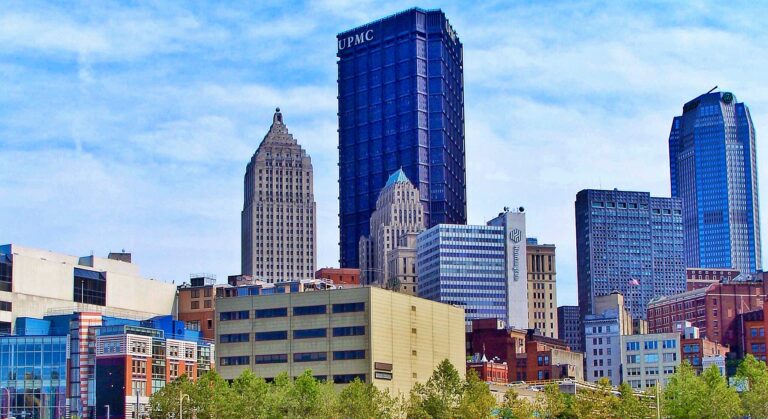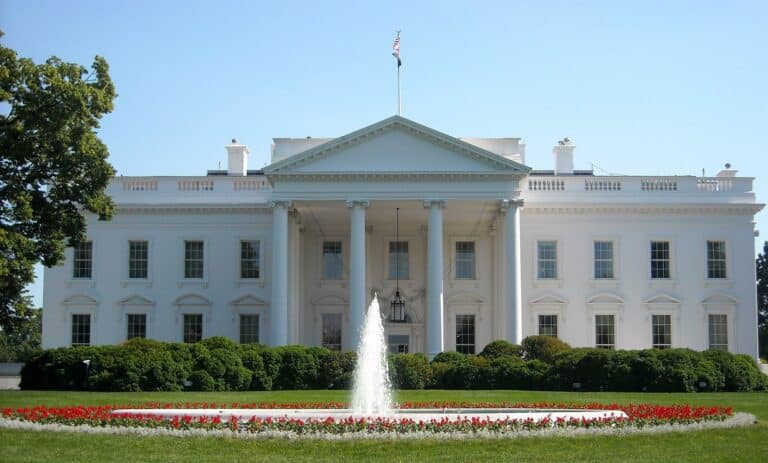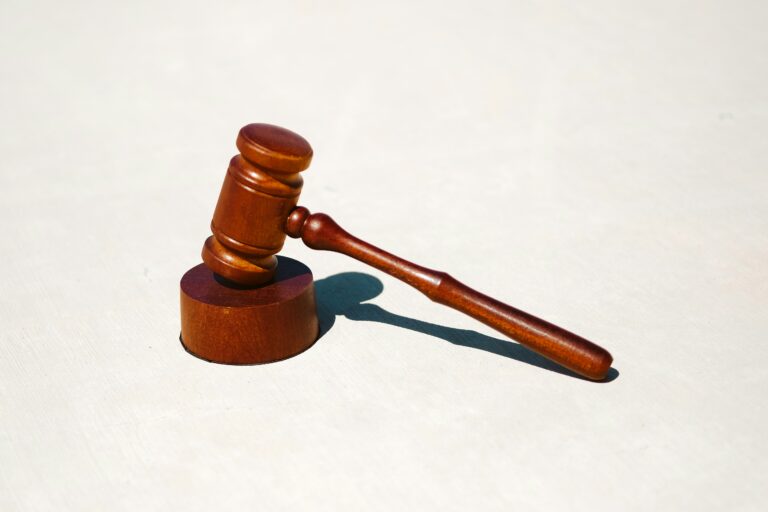Emily Miller is a student at Harvard Law School.
The H-1B guest worker program received media attention following the GOP debate Thursday, where candidates strongly condemned the program. Politico reports that the program, which was created to grant visas to highly skilled workers in jobs that cannot be filled by Americans, has increasingly been used by corporations to hire “low-cost, trouble-free labor.” Employers seeking to hire guest workers under this program must apply through the Department of Labor and promise that hiring an H-1B worker “will not adversely affect the working conditions of workers similarly employed.” However, some say these requirements are not thoroughly enforced by the Department, which itself has hired H-1B workers. Despite calling the program “very bad for our workers” on Thursday night, Donald Trump has hired workers through this program in the past. Trump’s modeling agency, Trump Model Management, is currently being sued by a Jamaican fashion model hired on an H-1B visa who alleges she was only paid $4,000 for three years of work despite being promised a $75,000 salary.
Trump has also received criticism from other candidates for his hiring practices abroad, according to a story by the Washington Post. Trump has publically spoken out against companies like Ford and Nabisco for outsourcing jobs, specifically citing working conditions abroad as a reason to have products manufactured within the United States, and stating that workers in China are “paid a lot less and the standards are worse when it comes to the environment and health care and worker safety.” Meanwhile, the Post reports Trump has products manufactured in Bangladesh, Honduras, and China, where labor violations such as forced overtime are common. Trump did not deny the discord between his political and his business choices, saying “I’m a businessman. These are laws. These are regulations. These are rules. We’re allowed to do it. . . . But I’m the one that knows how to change it.”
Bloomberg BNA has called 2015 a “banner year” for union organizing, with the National Labor Relations Board holding more union elections than in any of the past five years and with more union wins than in the past ten. However, the number of newly organized workers was below average for the past ten years and the total number of organized workers declined from last year. In terms of election outcomes, Bloomberg notes that New York and white collar unions fared particularly well, while blue collar unions continue to face a decline.
The Atlantic reports that workplace injuries may be more likely the Monday following Daylight Savings Time, when workers lose an average 40 minutes of sleep. A study of coal mining injuries by the Journal of Applied Psychology found that injuries in the coal mining industry jump by 5.7% on the Monday following Daylight Savings Time. Not only were the injuries that occurred on worksites more common, they were also more serious. The authors of the study believe the study isolates the serious impact of fatigue on workplace injuries, and recommend that managers of hazardous worksites consider altering schedules to allow workers to adjust.






Daily News & Commentary
Start your day with our roundup of the latest labor developments. See all
June 13
Termination of grants promoting labor standards abroad at the District Court; Supreme Court agrees to hear case about forced labor; more states pass legislation to benefit striking workers
June 12
An administrative law judge holds that Yapp USA violated the NLRA; oral arguments for two labor cases before the Eighth Circuit.
June 11
DOJ charges David Huerta; unions clash with the administration on immigration; general counsel says Humphrey's Executor doesn't apply to the NLRB.
June 9
Budget proposes elimination of LSC; Colgate settles lawsuit with pensioners; and state and local officials braces for hurricane season following FEMA cuts.
June 8
Workers at Albertsons and Kroger in Washington State vote to authorize a strike; ICE agents arrest SEIU California President David Huerta during a protest; and a federal judge approves a $2.75 billion settlement allowing colleges to directly pay student-athletes.
June 6
Colorado clashes with ICE over information sharing, SCOTUS exempts a Catholic charity from paying unemployment compensation tax, and SCOTUS lowers bar for raising a Title VII reverse discrimination claim